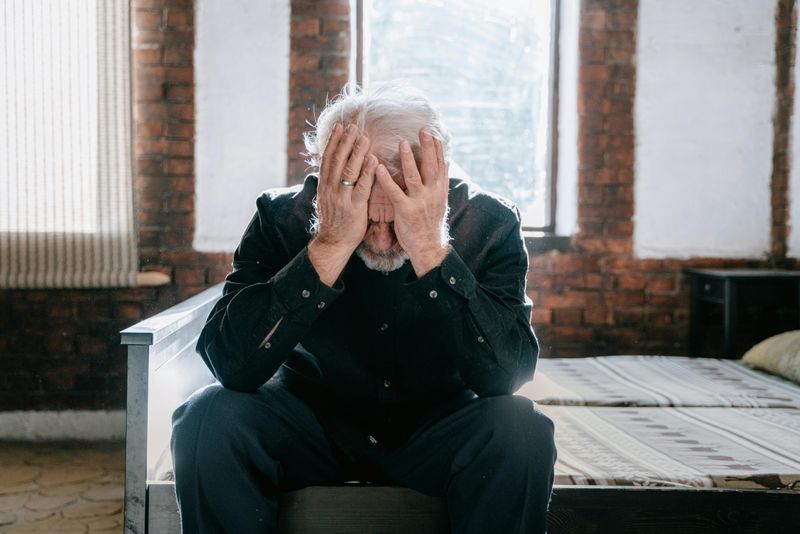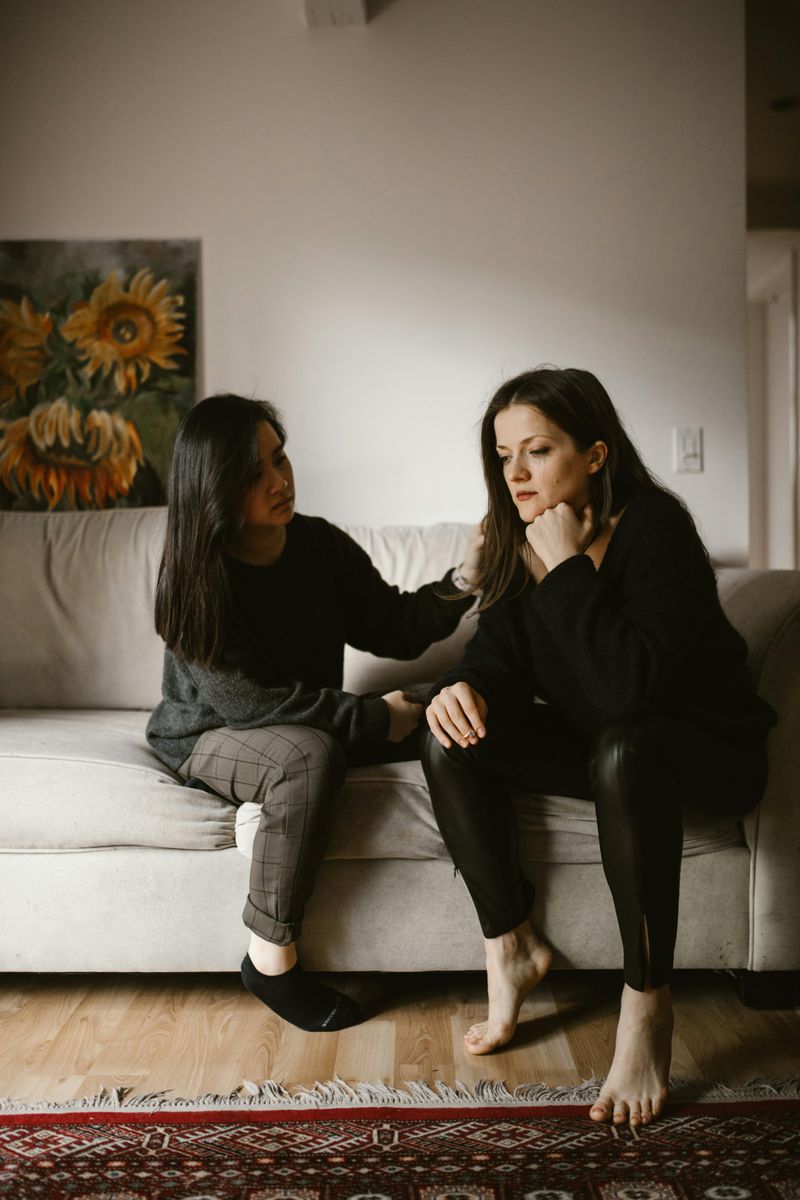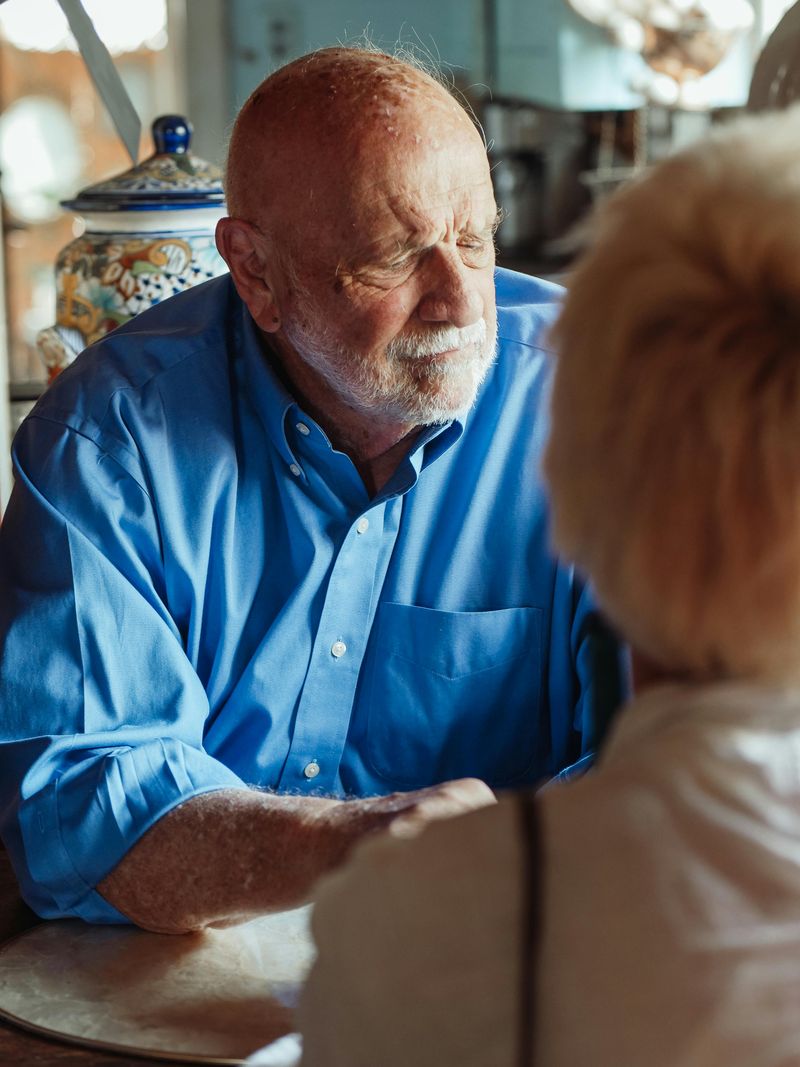13 Things Emotionally Mature People Do Differently When They’re Hurt

Getting hurt is part of being human, but how we handle that pain varies widely. Emotionally mature people navigate painful experiences with awareness and intention rather than simply reacting. Understanding these healthier approaches can help us all grow from difficult situations instead of being defined by them.
1. Pause Before Reacting

When emotions flare, mature individuals create a buffer between feeling and action. They recognize that first reactions are often regrettable ones.
This pause might look like taking a few deep breaths, going for a walk, or simply saying, “I need some time to process this.” It’s not about suppressing feelings but creating space for thoughtful responses.
By introducing this gap between trigger and response, they avoid saying things they’ll later regret and maintain their dignity even when deeply wounded.
2. Name Their Feelings Clearly

Instead of sticking to broad terms like “angry” or “sad,” mature individuals articulate their emotions more precisely: “I’m disappointed due to unmet expectations,” or “I’m feeling anxious about our current status.”
Labeling emotions precisely helps tame their intensity. When feelings are named, they become objects to examine rather than storms to be swept away by.
This practice requires self-awareness and honesty, qualities that emotionally mature people continuously develop through reflection and sometimes therapy.
3. Focus On Healing, Not Revenge

The emotionally mature person’s north star is personal growth, not getting even. While revenge might offer a momentary sense of satisfaction, it ultimately prolongs suffering and creates new wounds.
Instead of plotting comebacks or seeking to prove themselves right, they ask, “What can I learn here?” and “How can I move forward in a healthy way?” This shift from retaliation to restoration changes everything about how they handle conflict.
Recovery becomes possible because their energy flows toward healing rather than harboring resentment.
4. Consider Others’ Perspectives Without Excusing Harm

Those who are emotionally mature can recognize the reasons behind hurtful actions while refusing to justify them.
“I can see how you felt threatened in that moment, but your words were still hurtful” shows this balanced perspective. This approach doesn’t minimize pain but adds context that can defuse defensiveness.
By separating explanation from justification, they create space for genuine accountability while maintaining empathy—a truly advanced emotional skill.
5. Take Accountability For Their Role

It’s easy to point fingers when pain hits, yet emotionally mature individuals resist this reaction. They choose to reflect on how they might have contributed to the problem.
“I realize I didn’t communicate my expectations clearly” shows this willingness to own their part. Even when they’re primarily the injured party, they recognize relationship dynamics are rarely one-sided.
This accountability isn’t about taking blame for others’ actions or excusing mistreatment. Rather, it’s acknowledging that understanding their role gives them power to change patterns and heal.
6. Set Clear Boundaries Instead Of Creating Drama

Drama might feel satisfying in the moment, but emotionally mature people choose the quieter path of boundary-setting. They state their limits calmly: “I need you to speak to me respectfully, or this conversation needs to pause.”
These boundaries aren’t ultimatums or punishments. They’re protective measures that define what behaviors they will and won’t accept in their lives.
By focusing on what they need rather than what the other person did wrong, they shift from accusation to protection. This approach maintains dignity while clearly communicating that certain actions have consequences.
7. Allow Themselves To Grieve

While society admires those who “bounce back” fast, emotionally mature individuals know that healing demands patience. They grant themselves the space to truly feel the hurt and sorrow.
This might look like crying, journaling, or simply acknowledging: “This really hurts, and that’s okay.” They know that unprocessed grief doesn’t disappear—it transforms into resentment, anxiety, or depression.
By honoring their pain instead of rushing past it, they allow for genuine healing rather than merely covering wounds with emotional bandages.
8. Avoid Making One Hurt Their Life Story

A single painful experience can color our entire worldview if we let it. Emotionally mature people resist the temptation to create sweeping narratives from isolated incidents.
Instead of concluding “I’ll never trust again” after a betrayal, they might think “This particular person wasn’t trustworthy in this situation.” This nuanced thinking preserves their ability to remain open to future connections.
They understand that pain can be instructive without becoming definitive. By refusing to let wounds become identities, they prevent temporary hurts from causing permanent damage to their capacity for joy and connection.
9. Talk To The Right People

Releasing pent-up feelings serves a role, yet emotionally mature people are deliberate in choosing who hears them. They turn to those who support without igniting resentment or whispering behind backs.
A trusted friend, family member, or therapist who asks thoughtful questions proves more valuable than someone who simply agrees with everything. Mature individuals want perspective, not just validation.
This discernment protects both their relationships and their healing process. By choosing confidants who encourage growth rather than drama, they create a support system that helps them process pain constructively.
10. Stay Open To Repair Without Forcing It

Broken trust can sometimes be rebuilt, and emotionally mature people remain open to this possibility without demanding it. They understand that genuine reconciliation requires willingness from both sides.
“I’d welcome working through this if you’re willing” offers an invitation rather than an ultimatum. This stance allows relationships to heal naturally when possible while accepting that some breaks may be permanent.
By neither closing doors prematurely nor clinging desperately to damaged connections, they honor both the potential for growth and their own need for authentic relationships built on mutual respect.
11. Focus On Growth Rather Than Control

Recognizing our limits in controlling others and events helps emotionally mature individuals channel energy into their own development.
“How can I grow from this?” becomes more important than “How can I fix this?” This shift in focus transforms obstacles into opportunities. They might learn new communication skills, discover hidden strengths, or develop greater resilience.
By concentrating on personal evolution rather than controlling outcomes, they find purpose in pain. This approach ensures that even the most difficult experiences contribute to their becoming wiser, stronger, and more compassionate.
12. Avoid Taking Things Personally

When emotionally mature people face hurt, they remember this: others’ behavior reveals more about their pain and limitations than about who you are.
This perspective doesn’t excuse harmful behavior but provides context that reduces unnecessary suffering. Rather than assuming “They did this to hurt me,” they consider “They acted this way because of their own struggles.”
By separating others’ actions from their self-worth, they maintain their emotional foundation even when treated poorly. This skill prevents them from absorbing others’ negativity as personal deficiency.
13. Give Themselves Time And Space To Process

Emotional healing follows its own timeline, not our convenient schedules. Mature individuals respect this natural rhythm instead of rushing to premature closure.
“I need some time” becomes a gift they give themselves. During this space, they might journal, meditate, talk with trusted friends, or simply sit with their feelings until clarity emerges.
This patience contrasts sharply with the common rush to resolve uncomfortable situations quickly. By allowing emotions to settle like disturbed water in a pond, they gain the clarity needed to respond with wisdom rather than reaction.

Comments
Loading…